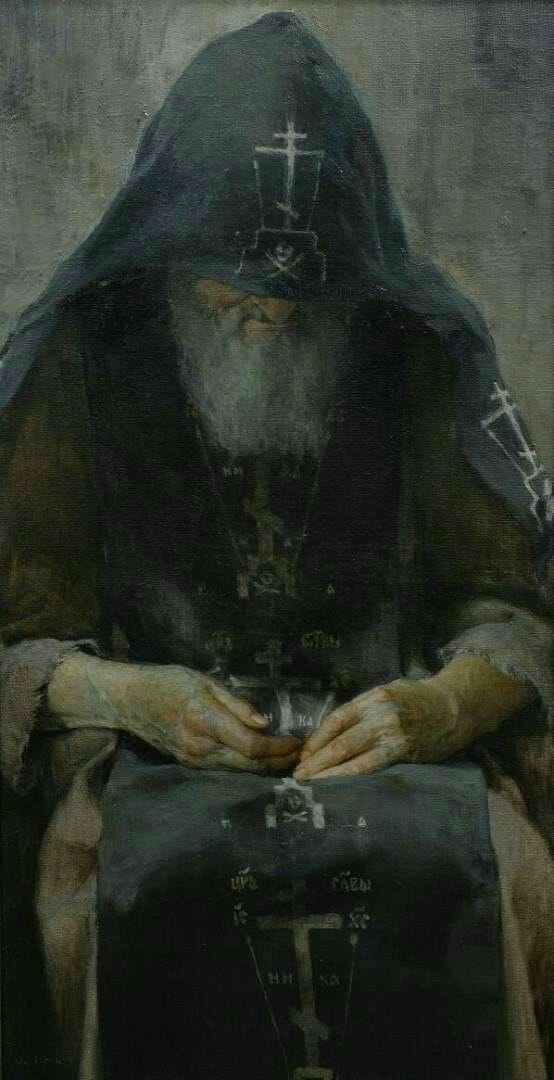What does Saint Sophrony mean when he says that by grace man becomes not only immortal, but also without beginning'?
The Elder explains this himself:
When it is God's good pleasure to give man grace and make him a partaker in Divine life, man becomes, not only immortal in the sense of having his life endlessly prolonged, but beginningless, too, for the sphere of Divine life into which he is lifted has neither beginning nor end. By 'beginningless', I do not mean to imply a pre-existence of the soul or a transmutation of our created nature into unoriginate Divine nature - I mean a sharing in God's unoriginate life consequent on the deification of the creature by an act of grace.So Man becomes 'unoriginate, having received life that is without beginning. In a certain sense he also becomes uncreated, to the degree than he bears in himself uncreated life.’ In other words, when man receives eternal life within him, he himself becomes eternal. When grace prevails in all his being, man is led by the Spirit of God. He desires nothing but what God wills and is always faithful to His words, knowing that 'they are not just sayings pronounced some time in the past... [but] contain eternity, embracing all time.’
When man is filled with the life of the Holy Spirit that Christ brought to earth, he becomes 'a bearer of holy eternity,' a true prophet, and his spirit extends towards the past and towards the future. All things meet in his heart, because the life he bears within is divine and has no boundaries or limits. To such a one are imparted the attributes of eternity as recorded by Saint Sophrony:
Eternity knows no duration of time but contains in itself the full compass of the centuries. Eternity without space includes in itself all the expanses of the created world.
The Lord said to Job: 'Where wast thou when I laid the foundations of the earth?’’ And yet, being a true and great prophet, although Moses lived thousands of years after the creation of the world, his spirit reached out into the past and saw how God created the world, as we read in the first chapters of the Bible.
With the same prophetic eye, Moses also turned towards the future, 'contemplating the Mysteries concealed since before time in the womb of Divinity, and saw the coming Prophet Christ, Who would be greater than himself, and to Whom he exhorted the Israelites to hearken.
Consequently, man becomes without beginning' when he bears within himself divine life, which has neither beginning nor end.
How do we hasten 'unto the coming of the day of the Lord’?
Through the zeal of prayer. If we increase our prayer, humility and good works, the grace of sanctification will come more quickly. Thus, we do not wait passively for the coming of the Day of the Lord, but we run towards it with desire; we hasten to our meeting with Him. Saint Symeon the New Theologian increased his prayer every night until he had his first rapture to heaven, which marked his life for ever. From then on, he spoke of heaven as the realm of the Spirit familiar to him, as a place he had seen, known and touched
Likewise, if we do the small amount that we are able to do in the right way and add prayer according to our strength, God will give us that which is perfect. As He Himself promised: 'Thou hast been faithful over a few things, I will make thee ruler over many things.’
“Flying Over the Abyss”
Archimandrite Zacharias Zacharou




Thank you so much. I saw a meme quoting +Gregory Palamas about us becoming “uncreated” and “unoriginate” and it really plunged me into confusion. This is a much better explanation that the St. Maximos the Confessor work I obtained.
Beautiful, I love his teachings. My first book by the Saint was “On Prayer”. I will have to get this one.